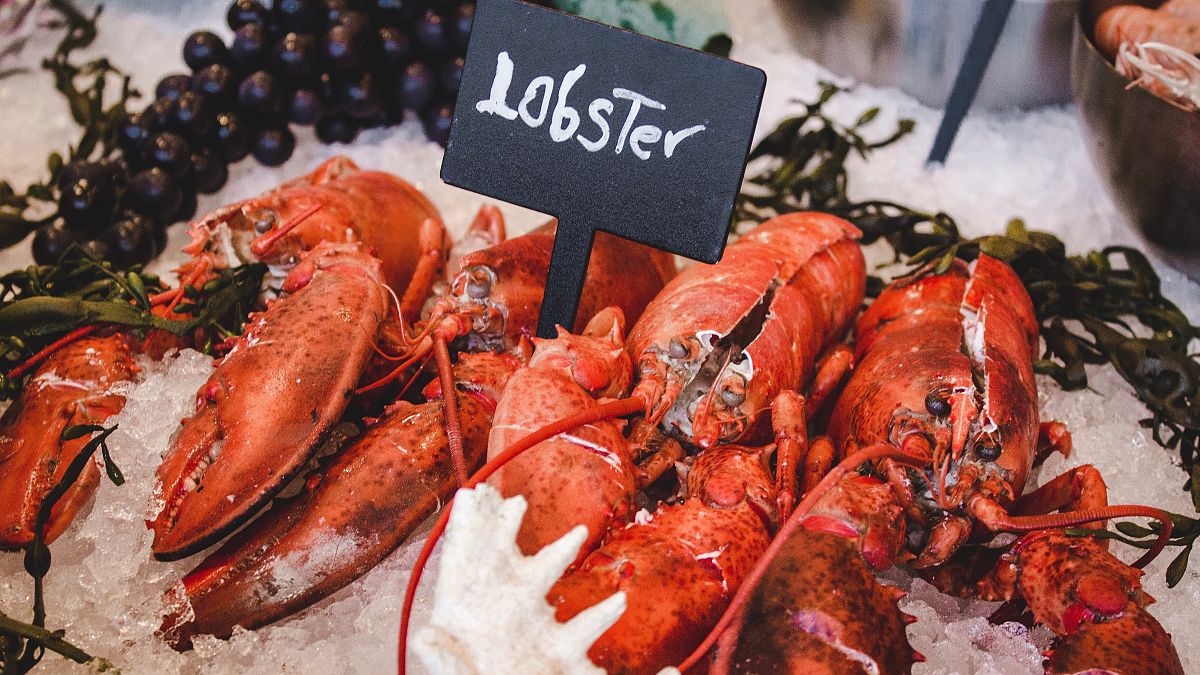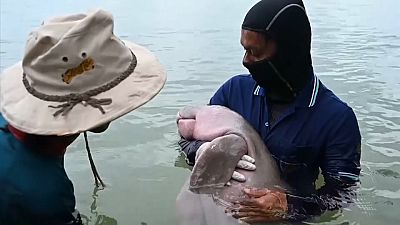From hemp to lobster, the possibilities are various.
From food waste to woodchips, a wide selection of surprising raw materials can end up serving as an alternative to plastics. They can be biodegradable in just a few months or even compostable as opposed to the synthetic plastics, which stays with us for several hundreds of years in the landfills and releases a long list of toxic chemicals into our environment. Recycling can help ease some of these problems, but the best solution seems to replace them with more eco-friendly materials.
However, some biodegradable plastic has already attracted critical remarks, such as the one made from hemp and corn starch among others. There are debates that producing these can result in an even greater amount of pollutants, due to the production with fertilizers and pesticides as well as the chemical processing needed to turn organic material into plastic.
Living it made a selection of some recent innovations, which need no land and no pesticides to produce, as mainly using what is given by nature.
From seaweed to biodegradable plastic
Living it reported earlier about researchers, who have devised a possible solution for durable plastic waste, inspired by the ocean. Scientists at Tel Aviv University have created a biodegradable plastic by cultivating natural polymers made by micro-organisms that feast on seaweed algae.
Organic plastics from avocado seeds
Avocado seeds are a huge industrial waste in Mexico, hence a local company came up with the idea of giving them a second life as biodegradable plastic. Biofase today produces avocado seed straws and cutleries. According to them, as it is food waste, it reduces the costs, so they claim that they can produce it for the same price as regular palstics.
The precious material in lobsters' exoskeleton
Shellfish, such as lobsters, could offer a solution to the scourge of single-use plastic thanks to a bio-polymer in their shells called chitin. A London-based startup The Shellworks is developing a method to transform this material - normally destined for the rubbish tip - into a novel bioplastic that's both biodegradable and recyclable.
Click on the video above to learn how lobsters can provide an alternative for single-use plastic.



